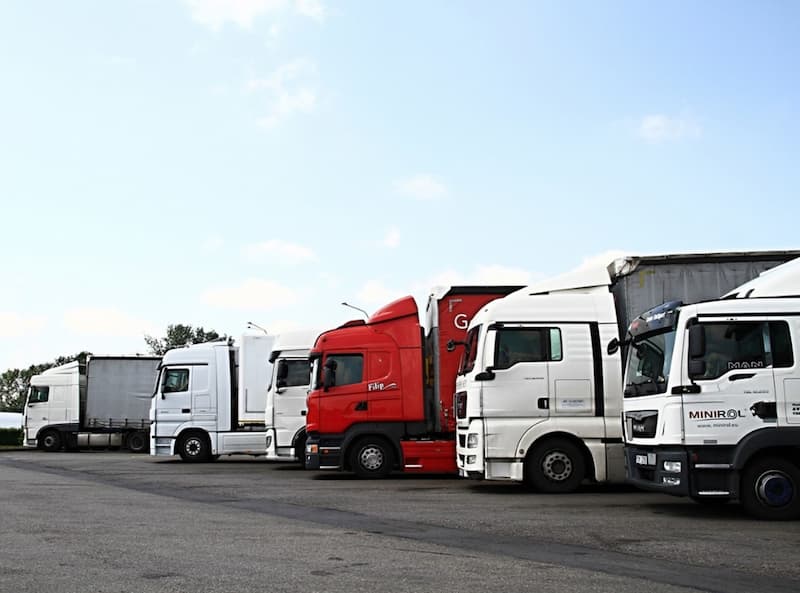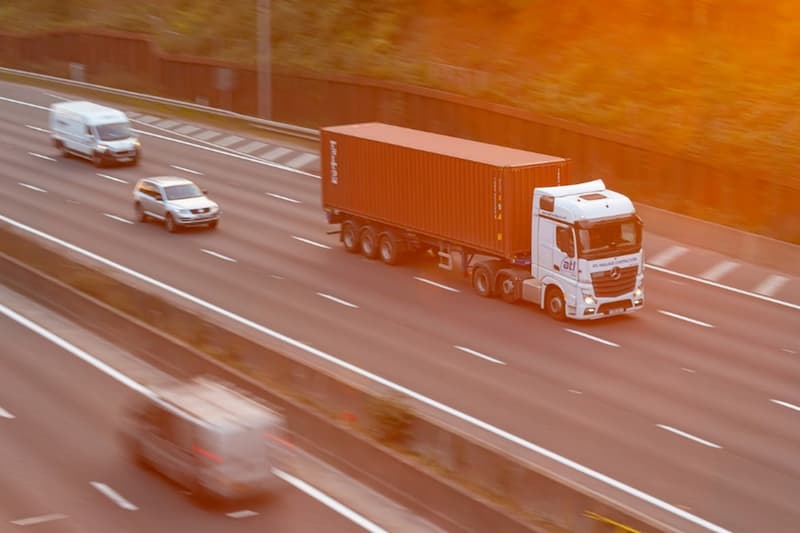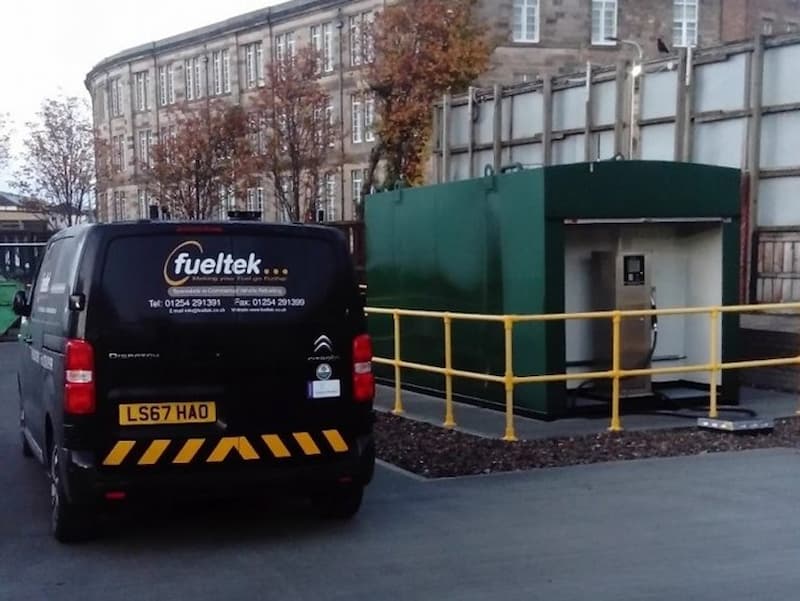Royal Mail’s Success with Onsite HVO Storage
Royal Mail is a persistent sight on the UK’s roads as they transport millions of tonnes of shipping, but in recent years, despite the red branding, their vast fleet is turning green as they embrace alternative sustainable fuels such as HVO, otherwise known as hydrotreated vegetable oil.
Sustainable fuel sources stored onsite are the best investment for businesses looking to build green fleets, as proven by Royal Mail. Read on to learn more about how they achieved an impressive milestone with this system and explore how it could help your business’s sustainability in the long term.
What Is HVO?
HVO is used as a renewable biofuel. It’s similar to diesel but is made from hydrocracking unwanted organic waste. These include tall oil, rapeseed oil and waste fats or cooking oils. The most popular aspect of HVO is that it is compatible with systems designed for diesel, including engines, storage, and diesel pumps. This makes it an excellent choice for businesses as the conversion process can be conducted with minimal disruption to an existing infrastructure or significant costs.
Royal Mail’s Journey with Sustainable Fuels
Royal Mail is one of the largest fulfilment fleets on the UK’s roads, with an inventory of roughly 41,500 vans and 6,200 HGV trucks. Understandably, this nationwide organisation decided to explore sustainable fuel options in response to the rise of HGVs and reduce the impact of their fleets on the environment.
Their first response was to invest in EV vehicles, but it was quickly revealed that this would cause more problems than it solved. The scarcity of essential materials for battery components dramatically slowed production and stalled many sectors’ attempts to go electric. In response to this, a better alternative was chosen, HVO. In June 2023, they began a process called ‘Steps to Zero’, which aimed to make the company Net Zero by 2040 and provide a 50% reduction in both scope 1 and 2 emissions by 2030.
To fulfil this goal, they adopted HVO for HGVs and invested in the storage facilities required to fuel them. Their six largest sites, starting with the Sheffield Mail Centre, the Midlands Superhub and the Manchester VOC, installed onsite HVO systems for their larger vehicles, and they saw significant improvement over the first six months.
Royal Mail Achieves Major HVO Milestone
Their recent milestone was achieved earlier this year and involved using over 10 million litres of HVO. However, their consumption is not an impressive factor; it’s the 30,000 tonnes of carbon dioxide saved thanks to their vehicles using HVO instead of standard diesel fuel. This is largely due to the recorded 90% reduction in greenhouse gas emissions from this sustainable fuel compared to diesel.
Events like this prove why HVO is the future for commercial fleet operations. With this success, combined with the company’s previous accomplishment in maintaining the lowest emissions per parcel on record, they are in a great place to achieve their Steps to Zero goals on time. Their next step is to invest in additional storage facilities and deploy 27 million litres by this time next year. As a result, 44,000 tonnes of carbon dioxide were eliminated instead of 30,000, with the eventual plan to eliminate 200,000 tonnes each year.
Green and Efficient Fuel Management with HVO
We have already shared the benefits of this fuel as a sustainable option for green fleets, but there are other benefits to consider as well, such as improved efficiency, wholesale prices and increased control with onsite systems.
Wholesale purchasing is possible once you invest in fuel tanks onsite, where you get to purchase large amounts of your chosen fuel at a wholesale reduced rate. For HVO, this is particularly important as it is not readily available in commercial locations, so your drivers will have unpredictable success when relying on forecourts. Additionally, the installation of onsite HVO fuel pumps can greatly minimise downtime and enhance operational efficiency. Having fuel readily accessible on the premises eliminates the need for drivers to refuel at offsite locations, which often results in lost time and decreased productivity.
Our fuel management systems give you the opportunity to monitor and manage your own fuel supply usage in greater detail. This is particularly crucial for businesses operating in remote areas or regions where fuel quality may be inconsistent. Managers can tailor and optimise fuelling schedules to align with their operational needs and significantly boost efficiency.
HVO Compatible Bunded Fuel Storage Systems
Reducing fuel expenses whilst decarbonising your commercial fleet is a significant challenge. Still, with the example of companies like Royal Mail, it is clear that it can be accomplished with the right knowledge and equipment.
At Fueltek, we predict that HVO will become a significant player among sustainable fuel options as EV continues to delay the company’s goals of creating green fleets with its high costs. Here are the main components we supply that you’ll need to create your onsite fuel infrastructure:
Contact us to explore our products and installation services and discover how our effective fuel management solutions will benefit your business in the long term.











